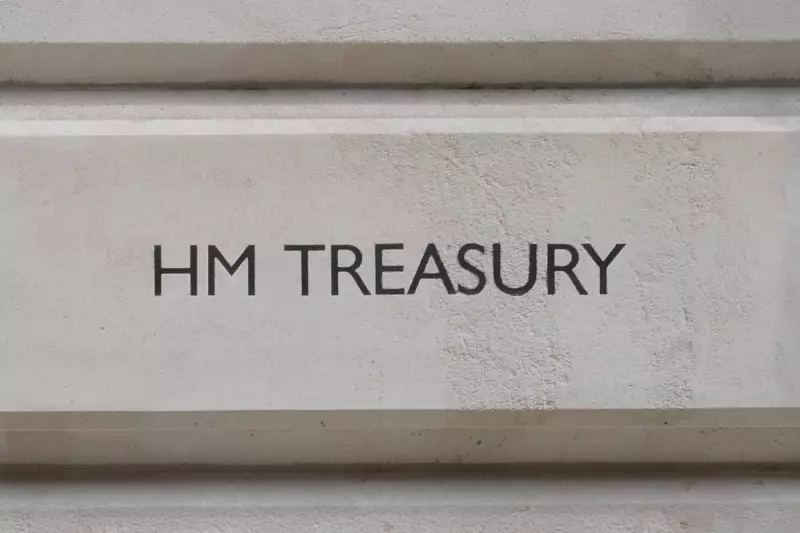
Britain's first female Chancellor, Rachel Reeves, has been handed a brutal economic reality check just days into her new role, with leading financial experts warning that the nation's public finances are in a far more precarious state than previously acknowledged.
Economic Storm Clouds Gather Over New Government
The Institute for Fiscal Studies (IFS) has delivered a stark assessment of the challenges facing the Labour administration, suggesting that the much-anticipated budget this autumn will force the Chancellor into making "unpalatable choices" that could test the government's political resolve.
Paul Johnson, the respected director of the IFS, didn't mince words when he stated: "The economic inheritance is arguably the worst since the Second World War." This grim prognosis comes despite Labour's decisive election victory, highlighting the scale of the task ahead.
The Numbers Don't Lie
According to the IFS analysis, the government faces a perfect storm of economic pressures:
- Public debt hovering near 100% of national income
- An aging population placing unprecedented strain on public services
- Stagnant economic growth limiting revenue options
- Existing spending commitments that may prove unsustainable
Holly Williams, reporting from Westminster, notes that the Chancellor's room for manoeuvre appears severely constrained. The IFS has effectively thrown cold water on any hopes of quick fiscal fixes or significant new spending announcements.
Political Promises Meet Economic Reality
During the election campaign, Labour made numerous commitments to voters about protecting key services and avoiding major tax increases for working people. However, the IFS assessment suggests these promises may collide with economic reality.
Paul Johnson emphasised the inevitability of difficult decisions: "They're going to have to do something on spending, they're going to have to do something on taxes, because the plans they've inherited just don't add up."
What This Means for British Households
The implications for ordinary Britons could be significant. With the government needing to find billions in savings or additional revenue, households may face:
- Potential tax increases despite political promises
- Tighter spending on public services than anticipated
- Limited scope for addressing cost-of-living pressures
- Possible revisions to existing government commitments
The autumn budget, expected to be delivered in October or November, now looms as a critical test for the new Chancellor and her economic team.
As one Westminster insider commented: "The honeymoon period for this government may be shorter than anyone expected when faced with these economic headwinds."





